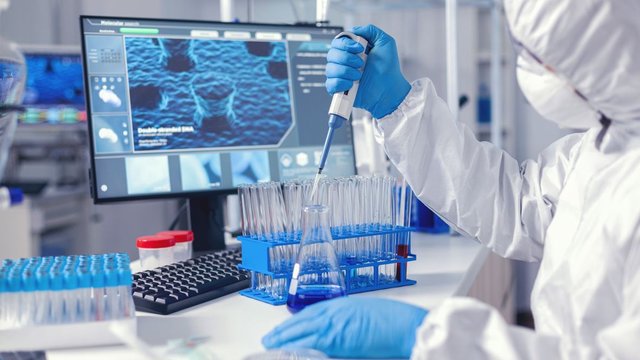
Research
We develop new and effective solutions for chemical and biological risks in the working environment every day. Of course, we do not do this alone; we work closely with top universities and knowledge institutes. See our cooperation partners and research projects here.
We connect science, policy making and business, to foster healthy workplaces
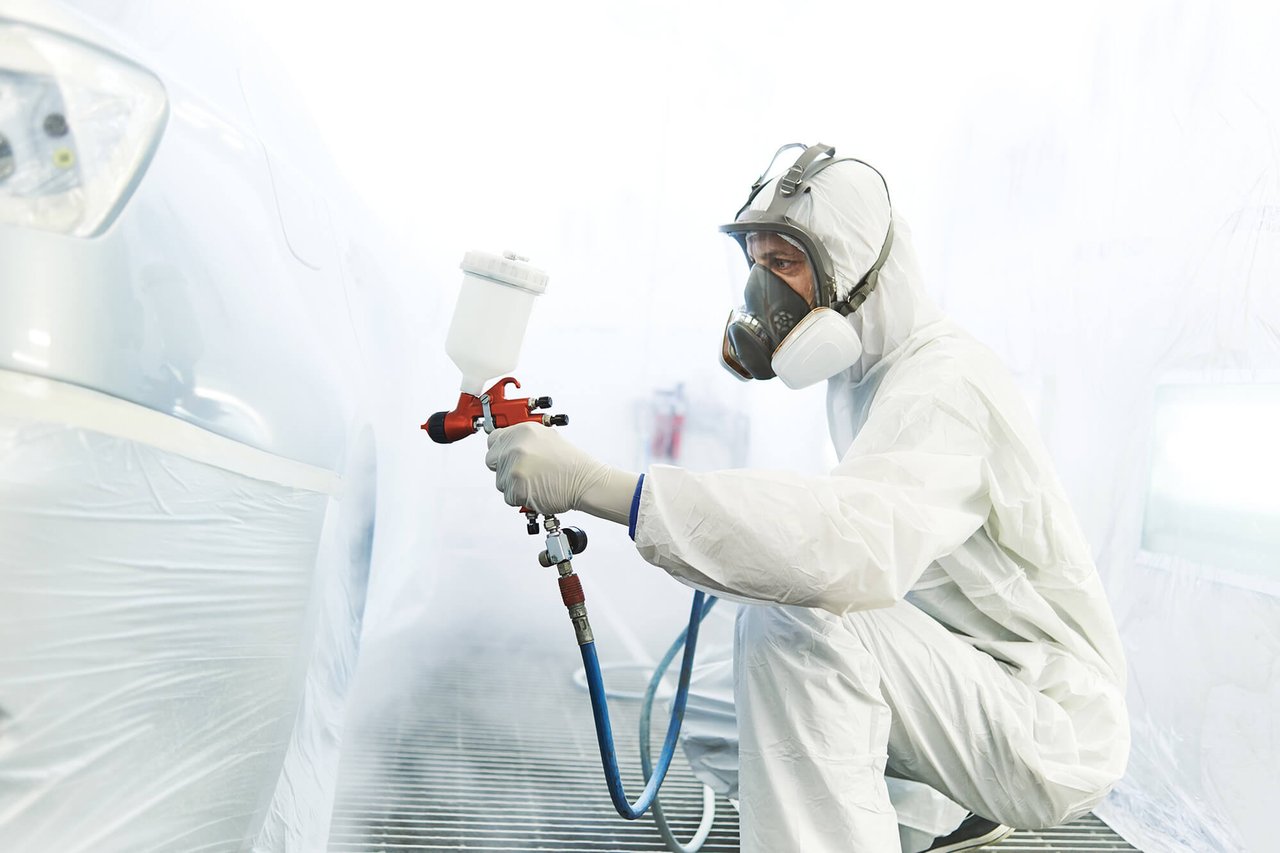
What is Stoffenmanager®?
For 20 years, Stoffenmanager® has been the reliable software solution for working safely and healthily with hazardous substances. Our tool is (inter)nationally recognized and complies with the Netherlands Labour Authority hazardous substances self-inspection tool. Read more about the scientific foundation here.
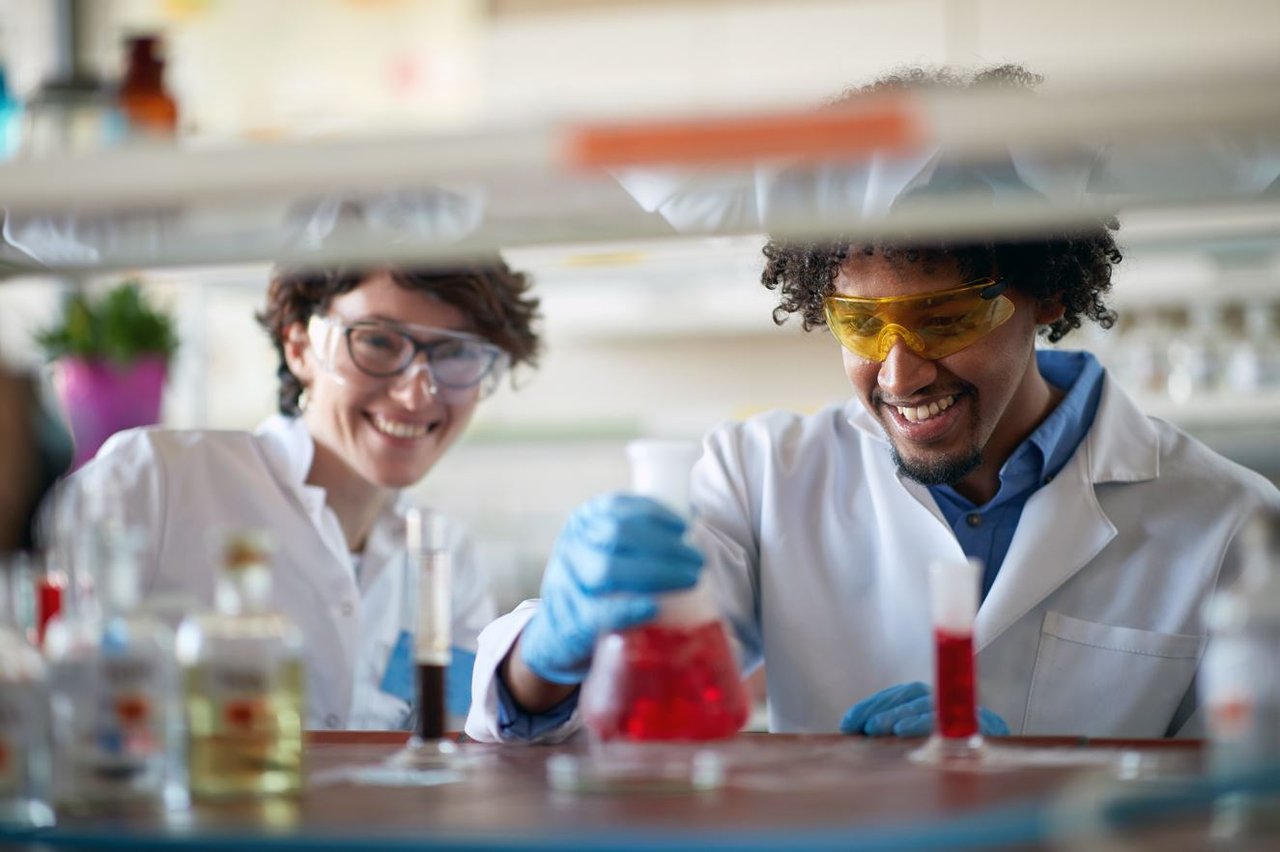
International Scientific Advisory Board (ISAB)
Stoffenmanager® is supported by an international scientific advisory board with experts from top universities and knowledge institutes. They advise on the further development of the tool to ensure that it continues to comply with the latest laws, regulations and scientific insights.

Stoffenmanager® BioRisk
BioRisk is the first and only semi-quantitative risk assessment tool for exposure to biological agents. With Stoffenmanager® BioRisk, occupational health and safety professionals gain the tools and knowledge to easily assess exposure to biological agents themselves. Would you like to know if BioRisk could be interesting for your company?
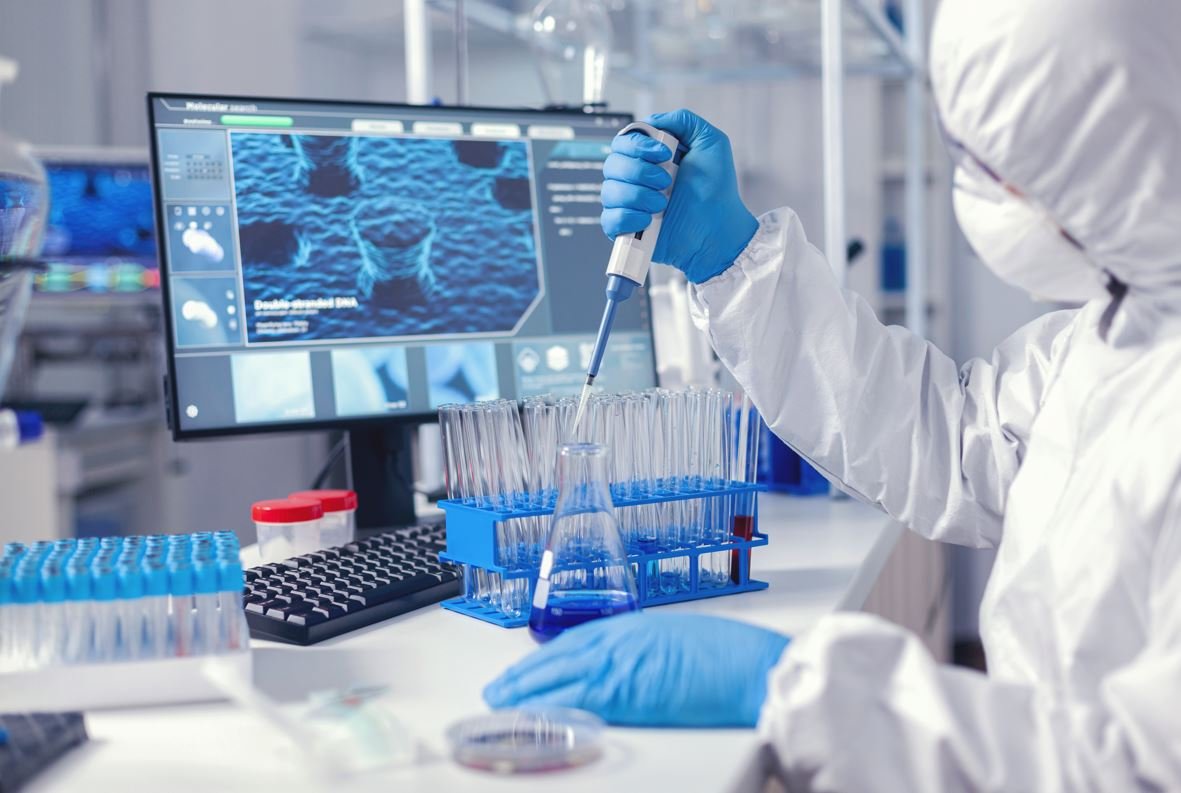
Scientific publications
Stoffenmanager® works together with partners and the community on innovative solutions for working safely with hazardous substances. We connect science, business and technology and translate them into practical, sustainable applications. View our recent scientific research here.
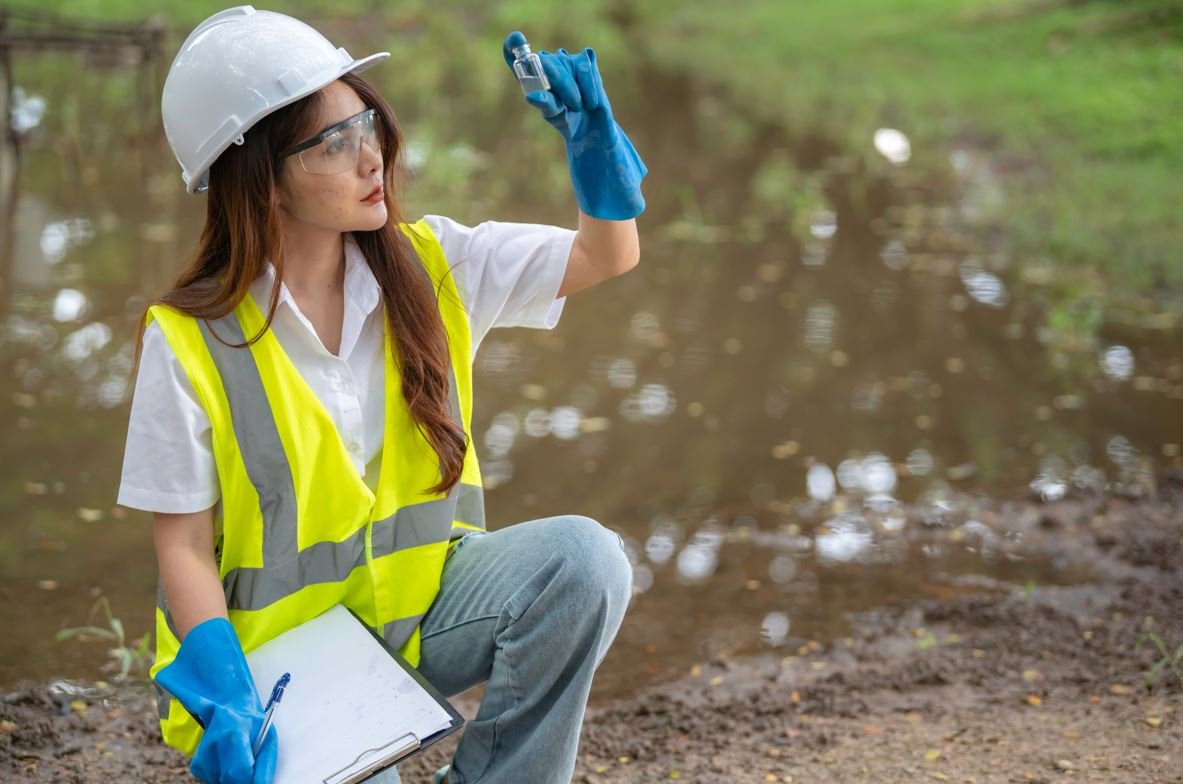
Wiki Stoffenmanager®
OSHwiki is a European online encyclopaedia on occupational safety and health, with up-to-date articles by experts. The platform provides insights on working safely with hazardous substances. Read more about the scientific evidence on European Agency for Safety and Health at Work's Wiki Stoffenmanager®.